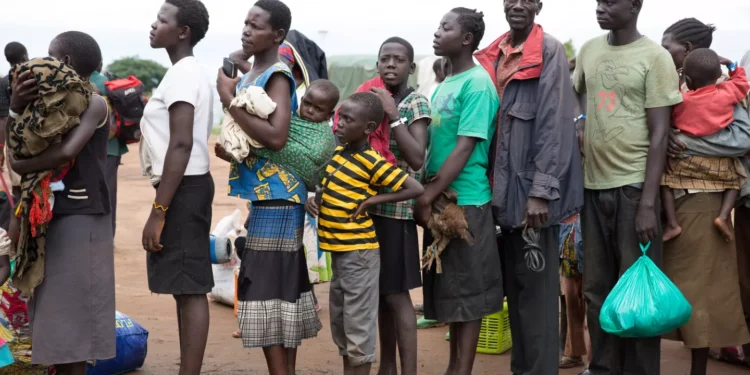The approval of the new Migration and Asylum Pact seeks to close a decade of divisions in European migration policy. The agreement combines mandatory solidarity mechanisms with a reinforcement of external border control, but its real effectiveness will depend on the ability of Member States to cooperate and on the pressure of future migration crises.
A consensus after years of deadlock
The new Pact aims to move beyond the Dublin system, which left first-entry countries—such as Spain, Italy, or Greece—with the main burden of reception. Now, all Member States will have to participate, either by hosting asylum seekers or by contributing financially, with material resources, or with personnel. This represents a long-awaited political compromise after years of failure in common management.
Strengthening border control
The other side of the Pact is the reinforcement of external borders. It introduces an accelerated border procedure for applications with a low probability of success and expands the capacities of the European Border and Coast Guard Agency (Frontex). In this way, the EU seeks to respond to social and political pressure demanding greater security and faster returns.
Internal tensions
Despite the agreement, tensions remain. Eastern countries such as Hungary and Poland outright reject the redistribution of applicants. Other States fear that financial contributions may become a shortcut to avoid assuming responsibilities. In addition, NGOs criticize that reinforced controls may put fundamental rights at risk at the borders.
The external factor
The EU has stepped up its policy of agreements with third countries to contain migration flows, such as the pact with Tunisia or cooperation with Morocco. This externalization is controversial: it helps reduce arrivals but at the cost of relying on unstable regimes and raising concerns about respect for human rights.
Spain on the front line
Spain, as Europe’s southern border, is among the most affected countries. The government supports the Pact because it acknowledges the need for solidarity and burden-sharing, yet it remains cautious about the effectiveness of compensation mechanisms and the risk that first-entry countries may continue to bear the initial pressure. At the same time, Spain is seeking to strengthen its role in agreements with the Maghreb, aware that external management is key to reducing irregular arrivals.
Conclusion
The new Migration and Asylum Pact is a significant political breakthrough for the EU after years of deadlock, but its success will depend on practical implementation and the willingness of States to deliver on what has been agreed. If it works, it could strengthen internal cohesion and relieve first-entry countries. If it fails, the risk is to perpetuate a divided Europe, vulnerable to every new migration crisis.
Copyright. All rights reserved. Grupo Prensamedia.







